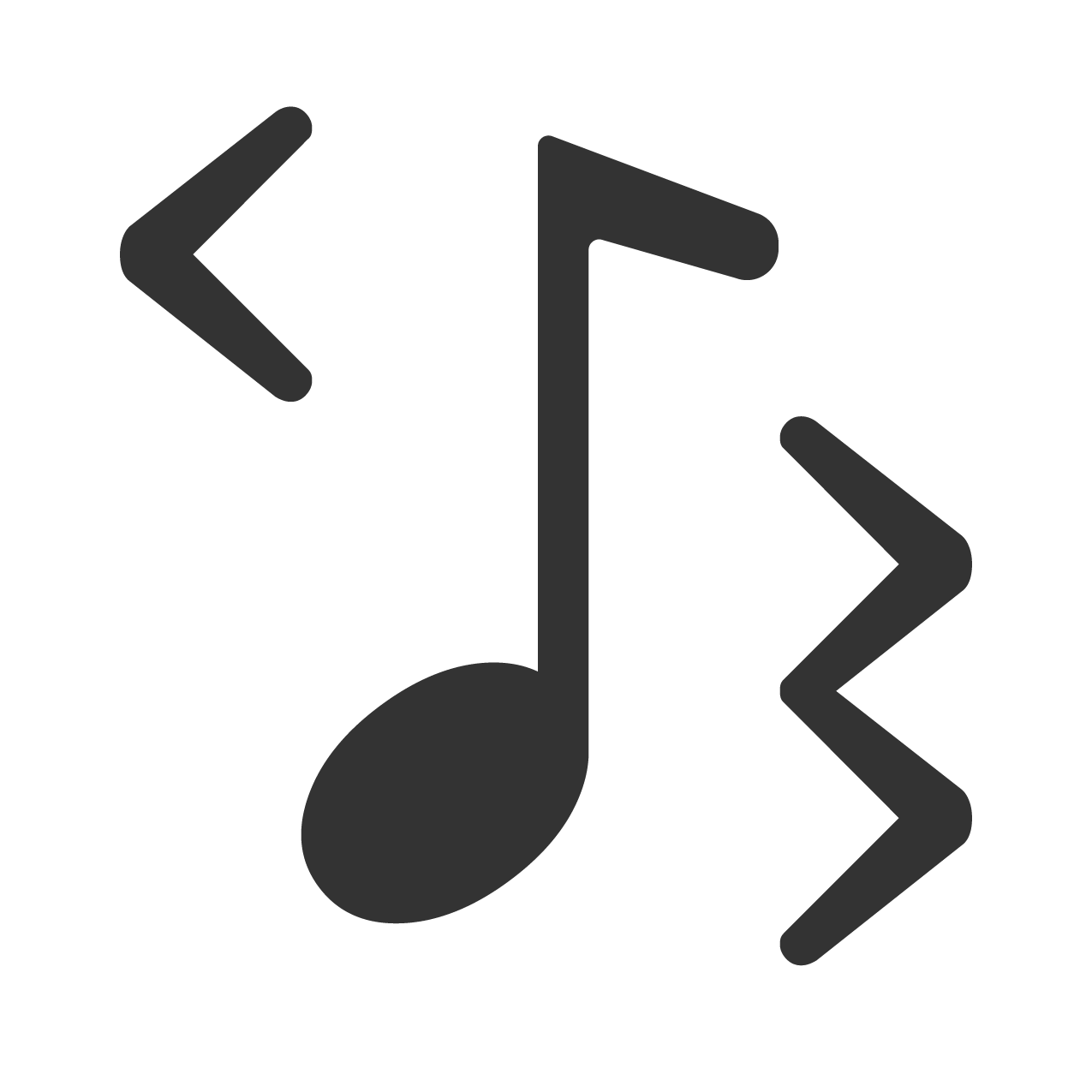How can computing education be effectively integrated into music technology courses to increase access and interest across diverse middle school student populations?
As computational thinking (CT) and computer science (CS) are becoming increasingly critical in technology jobs and across the entire workforce, the deployment of K-12 courses that address these issues continues to lag. Additionally, diverse student populations continue to face barriers in accessing such courses. To counter this trend, the Georgia Institute of Technology, in collaboration with Gwinnett County Public Schools, developed curricula and professional development to increase the capacity for computer science education in middle schools. This project leveraged music technology classes as vectors through which to promote and develop computational thinking. As an essential part of many students identities, culture, and self-expression, music presents a unique opportunity to engage students in computing during this critical time of identity and interest formation, to include students historically underrepresented in the field. At a time when initiatives and legislation in Georgia have set ambitious goals for the expansion of computing education in middle schools, this approach has enabled schools or districts in Georgia (or nationally) to scale computing education capacity via existing music teachers. The project team has designed a middle school curriculum that simultaneously addresses learning standards in both computing and music technology and professional development designed for middle school music teachers with no prior experience in computing or music technology.
The project focused on the following research questions:
1) How can computing education be effectively integrated into music technology courses to increase access and interest across diverse middle school student populations?
2) How does the introduction of computational thinking within a middle school music technology class impact the acquisition of computing content knowledge, the formation of interest in computing, attitudes towards computing, and the intent to persist in computing across different student populations?
The project added fundamental knowledge regarding:
(a) Effective approaches for developing middle-school courses that address both computing and music technology learning objectives
(b) Best practices for professional development for music teachers to gain the content and pedagogical content knowledge they need to deliver such courses
(c) The degree to which such a course increases student interest, attitudes, and intention to persist in computing for students with different backgrounds and demographics.
The researcher-practitioner partnership (RPP) will provide information to the field on the successes and challenges of engaging in this work and a program that is evidence-based through rigorous efficacy research. This project is supported by the CS for All: Research and RPPs program.
NSF Grant #: 2122499


